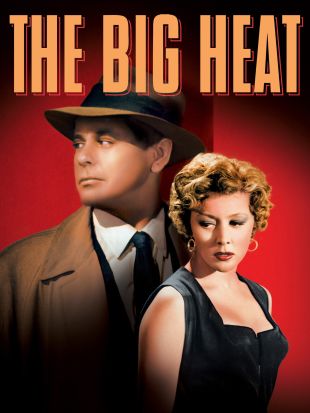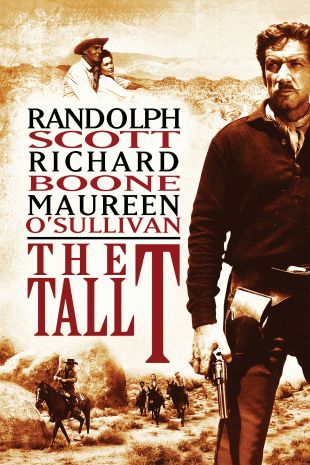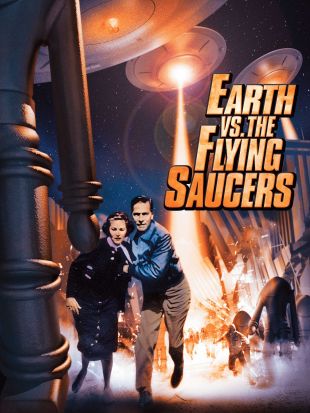Mischa Bakaleinikoff was one of the more ubiquitous musical personalities in movies during his 29 years in Hollywood, although he was seldom recognized as a composer of any significance, even in motion picture circles. Born in Moscow during the Tsarist era, Mischa R. Bakaleinikoff was a music student at the time of the Russian Revolution and he eventually fled the turmoil of the Bolshevik era, arriving in the United States in 1926. He came to Hollywood five years later, just as the studios were beginning to find a use for musical scores again, during the mature phase of the early talkie era. Bakaleinikoff was hired as a string player in the orchestra at Columbia Pictures. As the studio -- perhaps the most impoverished of the majors -- and its pictures grew in ambition during the 1930s, Bakaleinikoff found himself playing his primary instrument, the double bass viol, on ever more complex scores, culminating with the rich, post-Romantic music for Frank Capra's Lost Horizon in 1937. By the early '40s, Bakaleinikoff had been moved out of the orchestra at Columbia and into the role of music director, primarily for the studio's B-movie unit, which included low-budget features, film series, and serials. It was at around this time, incidentally, that his younger brother Constantin Bakaleinikoff took on a similar position at RKO. Although Mischa Bakaleinikoff did get to compose music on many occasions in his capacity as music director, his main function was as a music supervisor, which usually meant conducting the recording of music that had either been written for the specific film by another composer, or more often, music that had been pulled from the studio library for use in the movie at hand, and if need be, adapting the score to the needs of the finished film; most of the music that he did write consisted of bridge sections between existing library music to be tracked into whatever movie he was working on, although he did occasionally have to compose music to underscore a scene for which no adequate material existed. After making his debut with the country music showcase feature Louisiana Hayride, his early credits included contributions to the Blondie, Whistler, and Boston Blackie movies, as well as various Westerns and high profile serials such as Atom Man Vs. Superman. In the 1950s, Bakaleinikoff moved up somewhat to higher profile B-pictures: sandwiched in between entries in the Jungle Jim series was work on titles such as The Big Heat, Hellcats of the Navy, The Werewolf, The Tall T, Earth Vs. the Flying Saucers, It Came From Beneath the Sea, and Twenty Million Miles to Earth. His association with the latter three Ray Harryhausen-designed science fiction vehicles gave Bakaleinikoff a high degree of exposure among baby-boomer children and teenagers over the decades and the music that he wrote for It Came From Beneath the Sea became some of the most familiar science fiction film music of its period. His music for this and other genre films was often characterized by jarring harmonies and fierce writing for the brass section, reminiscent in some ways of Dimitri Tiomkin's more violent scoring. He remained more visible as a conductor rather than as a composer, however, and his adapting of other composers' work occasionally drew him into some strange intersections with much bigger names; the most bizarre example of this can be heard in the score for the Gerd Oswald-directed feature Screaming Mimi, which utilizes several very distinctive musical cues originally authored by Leonard Bernstein for Elia Kazan's On The Waterfront, which (contrary to Bernstein's desire or intent) were put into the Columbia library and later extracted by Bakaleinikoff for Oswald's movie. Bakaleinikoff was something of a workhorse of the Columbia music department for more than two decades; in his 28th year with the studio, he supervised the scoring of the Three Stooges movie Have Rocket, Will Travel, and he was busy with film work right up to the time that he died in 1960.
Mischa Bakaleinikoff
Share on


